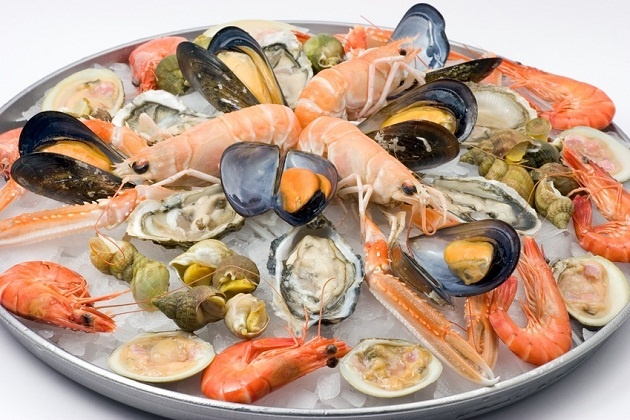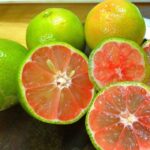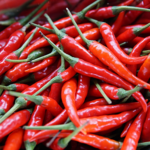According to SciTech Daily, scientists at the RIKEN Center for Integrative Medical Sciences (IMS) in Japan have made significant discoveries regarding food antigens such as milk proteins and albumin in the context of small intestinal cancer.
In a study published in Frontiers in Immunology, the research findings challenged the conventional perception of food antigens. Typically, these antigens are associated with allergic reactions to foods such as peanuts, shellfish, eggs, and milk.

A study published in Frontiers in Immunology has challenged the conventional perception of food antigens.
However, the new research suggests that some food antigens may not only be harmless but also play a positive role in stimulating the immune system of the intestines, thereby helping to inhibit tumor growth.
The team conducted experiments on mice with a mutated gene that suppresses tumor development, making them more susceptible to cancer. It was found that mice fed an antigen-free diet, devoid of meat, eggs, and dairy, had significantly lower T-cell counts compared to those on a regular diet. This highlights the potential role of food antigens in supporting immune health and disease prevention.
T cells are critical to the human immune system, as they help combat various types of cancers. They are the unsung heroes in the battle against this deadly disease.

T cells play an extremely important role in the human immune system.
Antigens such as milk proteins and albumin, which the body can synthesize by consuming certain foods, especially eggs and lean meat, contribute not only to the development of T cells but also to the body’s defense capabilities.
Subsequent studies have elucidated the underlying biological mechanisms and explained the variation in immune responses. The scientists caution that eliminating or severely restricting protein-rich animal products from one’s diet may not be prudent, especially for individuals with a family history of gastrointestinal cancers. Ensuring a balanced diet could be crucial in boosting immune health and preventing diseases.





































